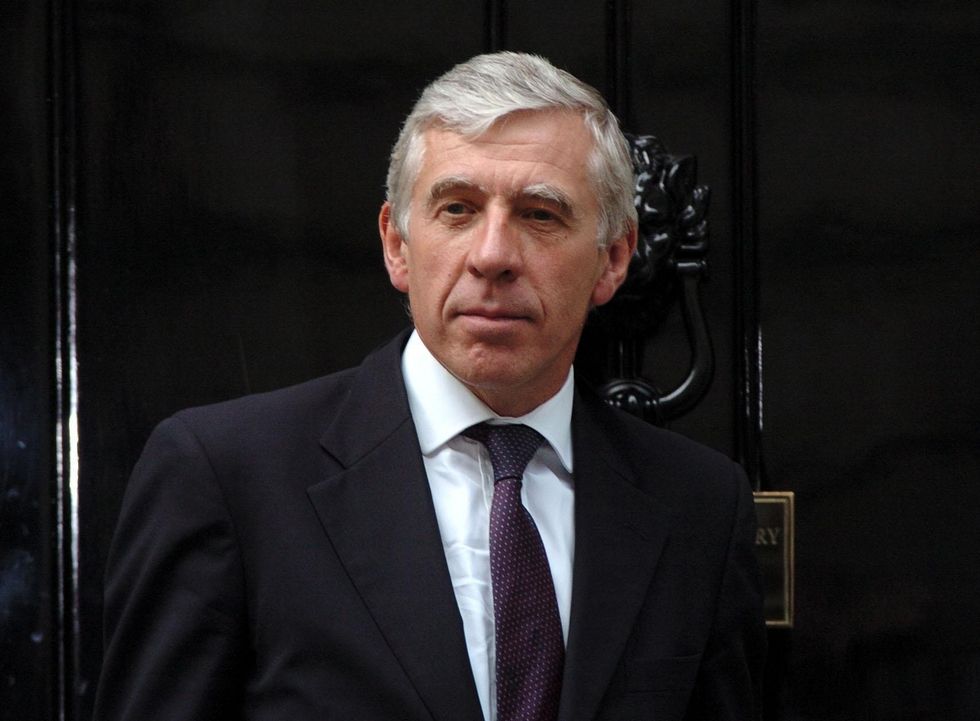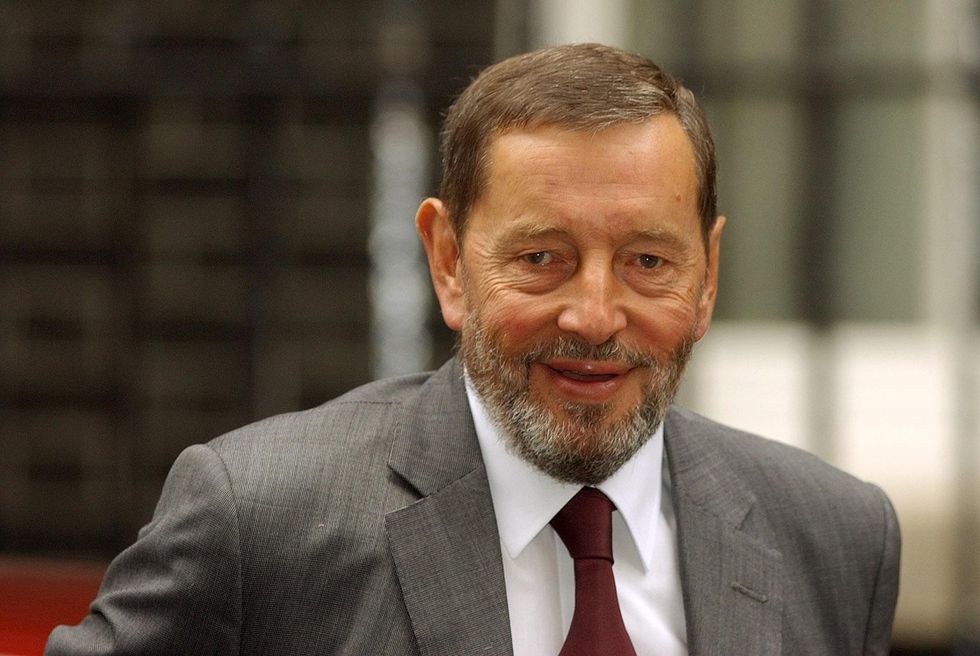Tony Blair’s government pushed ahead with unrestricted migration from eastern European EU states in 2004 despite warnings from senior ministers, newly-released National Archives files have revealed.
The papers show Deputy Prime Minister John Prescott and Foreign Secretary Jack Straw both urged delay over concerns of a surge in immigration.
Home Secretary David Blunkett, however, strongly backed the policy, arguing the economy needed the “flexibility and productivity of migrant labour” to prosper.
In early 2004, Jack Straw wrote to Blair calling for an urgent policy rethink, warning the situation had changed dramatically.

Blair himself began showing doubts, questioning in a handwritten note whether tougher benefit rules would be sufficient
PA
He highlighted how other EU nations were implementing restrictions, writing: “France, Germany, Spain, Austria, Belgium, Finland, Greece and Luxembourg are all imposing transition periods of at least two years.”
Portugal was likely to follow, Italy remained undecided, while Sweden, Netherlands and Denmark had announced work or residence permit requirements.
“If we do not think this through now… we could be forced to take urgent action,” Straw cautioned.
John Prescott expressed being “extremely concerned” about the pressures on social housing from a potential sudden influx of migrants.
In stark contrast, Home Secretary David Blunkett, supported by Work and Pensions Secretary Andrew Smith and the Treasury, insisted on maintaining the open-door policy.
“On purely technical, economic grounds there can be no doubt that our present policy is the right one,” Blunkett wrote.
He rejected calls for a work permit scheme as “not only expensive and bureaucratic but I believe ineffective.”
LATEST DEVELOPMENTS:

Foreign Secretary Jack Straw urged delay over concerns of a surge in immigration
PA
Blair himself began showing doubts, questioning in a handwritten note whether tougher benefit rules would be sufficient.
“Are we sure this does the trick? I don’t want to have to return to it,” he wrote, adding: “I am not sure we shouldn’t have a work permits approach also.”
The Prime Minister was particularly concerned about potential Roma arrivals from Poland, the Czech Republic and Slovakia.
“We must do the toughest package on benefits possible and announce this plus power to revoke visa plan and message to Romas,” Blair noted in a handwritten comment.
Despite Blunkett publicly claiming “the predicted dramatic increase of new arrivals has not materialised,” internal documents showed the Home Office’s forecast was severely underestimated.
Officials had predicted a net increase of no more than 13,000 workers annually from the new EU states.

Home Secretary David Blunkett insisted on maintaining the open-door policy
PA
Behind the scenes, senior advisers warned they faced an “elephant trap” regarding how actual figures related to previous Home Office projections.
Officials recommended to “err on the side of publishing less rather than more” when it came to releasing migration data.
By July 2004, senior Downing Street adviser Kate Gross revealed the true scale of migration in an internal memo.
She wrote that while only 9,000 new arrivals had come since May 1, “at the current rate of increase this number will exceed the 13,000 prediction by the end of August.”
If applications continued at that pace, she warned numbers would reach “50-60,000 new arrivals by May 2005.”
The policy was later described by Jack Straw as a “spectacular mistake” with far-reaching consequences.